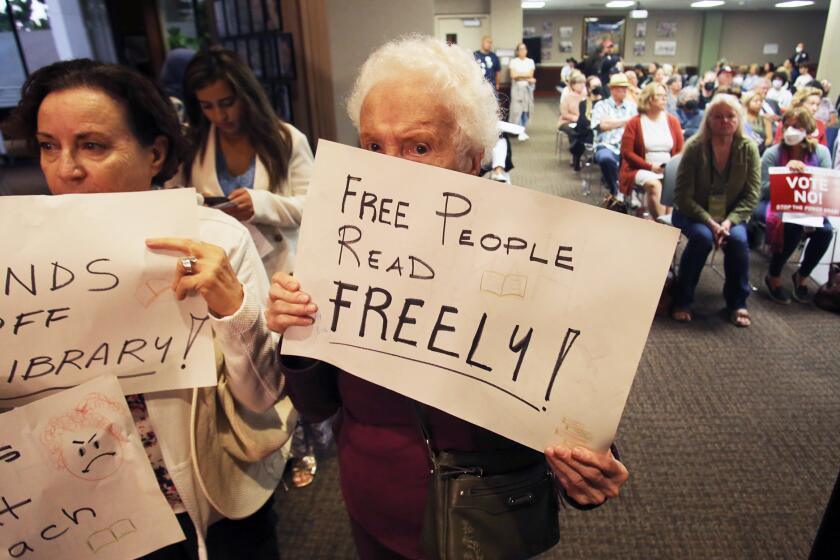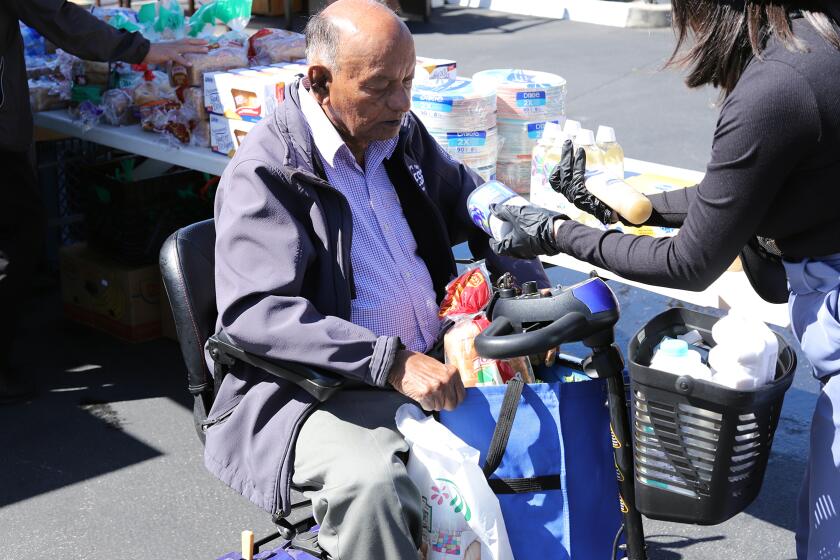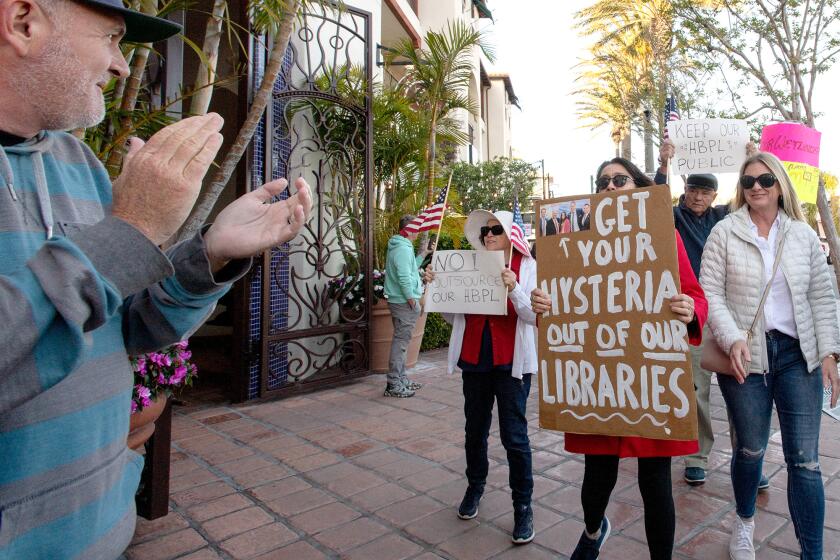It’s A Gray Area: The corrupting of traffic citations
In many parts of the country, police have expressly been instructed to issue more traffic citations in order to generate revenue to counteract governmental budget deficits. For example, this has happened in the metropolitan Detroit area, where the state of Michigan reduced its revenue sharing with communities by $3 billion. More tickets have been issued there for driving as little as 5 mph above the speed limit, and traffic warnings have virtually become a thing of the past.
The reason for this action was stated succinctly by the president of the Police Officers Assn. of Michigan, who said: “When elected officials say ‘We need more money,’ they can’t look to the department of public works to raise revenues, so where do they find it? Police departments.”
Michael Reaves, the chief of police in Utica, Mich., explained the situation this way: “When I first started in this job 30 years ago, police work was never about revenue enhancement, but if you’re a chief now, you have to look at whether your department produces revenues.”
An even more direct comment came from Sgt. Richard Lyons of Trenton, Mich., went like this: “They’re trying to use police officers to balance the budget on the backs of drivers, and it’s too bad. . . . We might as well just go door to door and tell people: ‘Slide us $100 now since your 16-year-old is going to end up paying us anyway when he starts driving.’ You can’t blame people for getting upset.”
In Virginia, where a campaign was launched under the title of “Operation Air, Land & Speed,” state troopers were ordered to issue as many citations as humanly possible during one particular weekend along Interstates 95 and 81. That effort resulted in the issuance of 6,996 traffic citations. The published reason for the program was that the state had a big deficit, and it needed to find some quick sources of money.
According to California Watch and the Investigative Reporting Program at UC Berkeley, our state has also undertaken similar fundraising programs. For example, these two groups reported that during 2009 alone, sobriety checkpoints in California yielded approximately $40 million in state fines and towing fees.
Similarly, the revenue in Los Angeles from red-light cameras doubled from $200,000 per month in 2007 to $400,000 per month by the end of 2009. And this occurred even though several studies had found that those cameras increase traffic collisions and injuries. How so? Because the presence of red-light cameras often results in people unexpectedly slamming on their brakes to avoid a citation, and this directly leads to more rear-end collisions. Nevertheless studies like that did not deter officials in the Washington state from choosing in 2005 to expand the red-light camera programs, because they produced revenues of $32 million.
The best way to reduce traffic collisions at crash-prone intersections is the lengthening of the yellow lights. But, of course, since that action does not put money into the bank accounts of local governments, those adjustments are seldom chosen. To the contrary, some of our state officials are now encouraging the addition of speed sensors to the existing red-light cameras. Why? Because state officials have estimated that those sensors could raise another $300 million for the state by the end of 2011.
Unfortunately, in some jurisdictions the institutional corruption brought about by these approaches has actually been compounded. For example, for a while the private companies that were involved in the enforcement of the traffic fines in Washington, D.C., actually got to pocket a portion of the proceeds, until citizen complaints resulted in that practice being terminated as a transparent conflict of interest.
This is not the purpose of traffic laws. In fact, the use of the Criminal Justice System in this manner constitutes an intolerable institutional corruption. Yes, it is appropriate to assess traffic fines, and it is also appropriate for the revenues received to be used to pay for public expenses. But the purpose of traffic laws is to keep us safe on our streets and highways, and no good purpose can be achieved by changing that focus.
Why is this so? I can think of four reasons. First, if traffic police are used as a revenue source, there will be a tendency to divert them onto traffic duties and away from other duties that would keep us safe.
Second, our way of government requires the good will of the people being “served” by that government. So if people start to see police officers as predators, that good will could be seriously and maybe even irretrievably compromised.
An 80-year-old woman from Bloomfield Hills, Mich., put that thought this way after she received a citation for running a red light that she insists she did not commit: “I told one officer that I used to tell my children that police officers are their friends — but with the (traffic citation) quotas, they are not any more.”
Third, the more that police have a vested interest in securing convictions for traffic offenses, the more likely they would be to stretch the truth in their testimony in court. Not a good situation. And fourth, this approach further expands the role and intrusion of government, which will breed more cynicism and cause us to get even closer to the time that governments will tax us on every breath we take.
There certainly are more reasons as well. Do we want law enforcement officers, and even justice itself, to be seen as a means of simply gathering revenues? Please contemplate where a system like that could take us. Yes, most governments now have budgetary problems, but the costs of bringing in the criminal justice system to help alleviate them are simply too great a price to pay.
All the latest on Orange County from Orange County.
Get our free TimesOC newsletter.
You may occasionally receive promotional content from the Daily Pilot.



